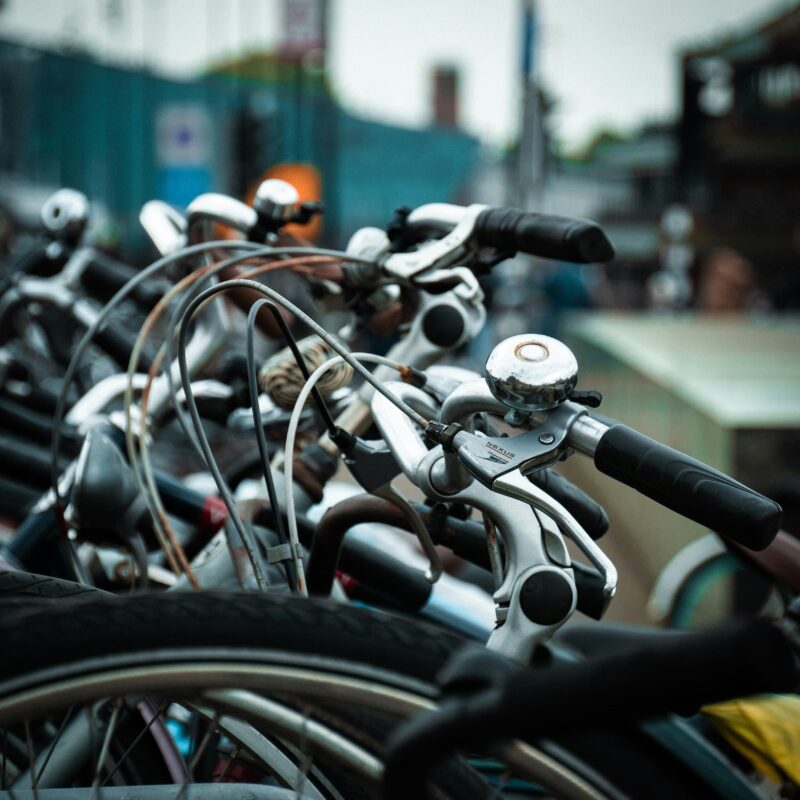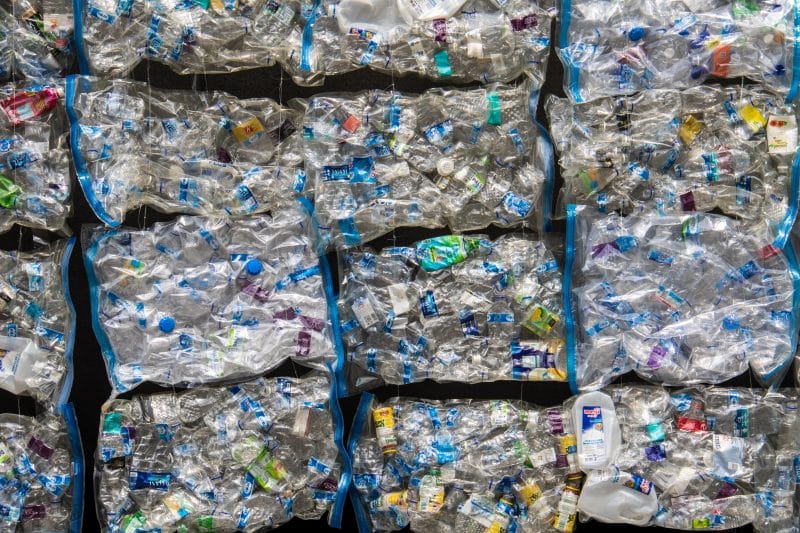News
Waste management
Denmark puts an end to free plastic bags


New Year. New habits. From January this year, Danish citizens must pay at least EUR 0.54 for a plastic carrier bag in shops, regardless of the size and type of bag. Additionally, the Danish Government has banned the lightweight plastic bags consumers typically receive when buying takeaway food. The lightweight plastic bags are only used once or twice, which is a poor use of resources.
Related news: Denmark announces ban on lightweight plastic bags
“The vast majority of our plastic waste today goes up into flames in the large incinerators. It is bad for both the climate and nature. That is why we are banning the plastic bags that are typically not recycled. It is still possible to buy a carrier bag for your goods, but in the future they will cost at least EUR 0.54 regardless of size. That way, we all have to actively decide if we really need a bag,” said Minister for Environment of Denmark, Lea Wermelin.
Related news: New Danish research centre to prevent plastic pollution in the ocean
Reuse carrier bags
The minimum price of EUR 0.54 for a carrier bag, regardless of its size or type of plastic, sends a clear signal to the consumers that it pays off to reuse plastic carrier bags rather than throw them away after only one use.
“We need to pick up the pace of the green transition, and we must reuse and recycle much more than we do today. The ban on free carrier bags is part of the battle against the prevailing “throw-away culture” in society. The amount of plastic waste discharged into the world's oceans each year, for example, is equivalent to an entire truck emptying plastic into the sea every single minute. We need to change this,” said Lea Wermelin.
Related news: The bright green island that will be the first zero waste region in Europe
The ban on lightweight plastic carrier bags as well as the minimum price on plastic carrier bags came into force on 1 January 2021.
The very small lightweight plastic bags used for fruit and vegetables in the supermarkets will still be legal, as they serve a purpose in terms of avoiding food waste and increasing food hygiene. The consumption of these type of plastic bags is relatively small in Denmark.
Source: The Ministry of Environment and the Ministry of Food, Agriculture and Fisheries















